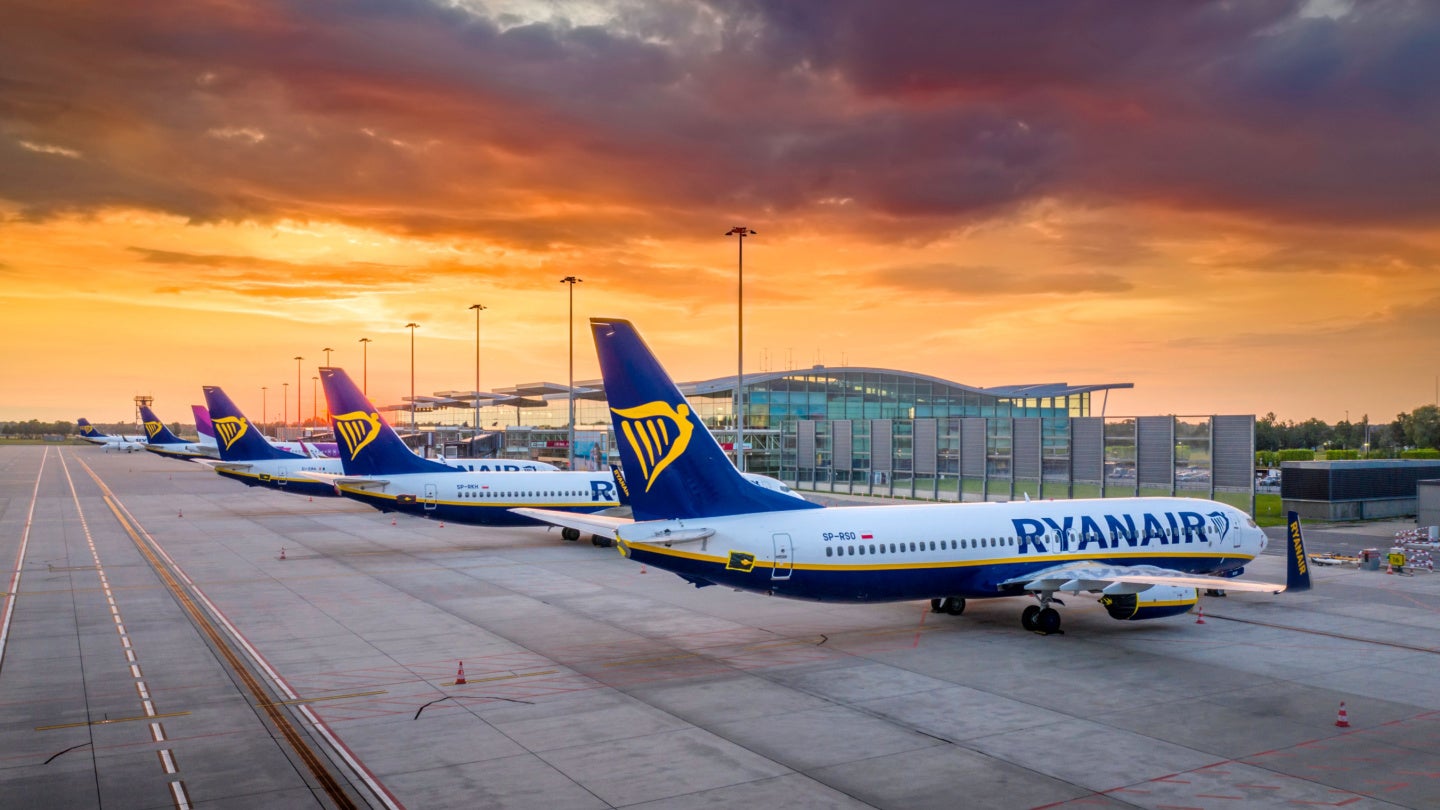
Privacy rights group NOYB filed a complaint yesterday (July 27) towards Ryanair regarding its use of facial recognition technology.
The group’s post described Ryanair’s use of the technology as “invasive” and stated that there is “no justifiable reason” for Ryanair to be using facial recognition as part of its online booking verification.
Ryanair has previously justified the use of facial recognition within its online booking system as necessary to “help verify a customer’s contact details”.
NOYB’s programme director, Romain Robert, disputed this justification.
“[Ryanair] already have your contact details,” explains Robert, “… A verification of contact details via biometrics also doesn’t make a lot of sense: your email address is not printed on your face or your passport.”
The ethics of facial recognition
Ryanair is not the only company to come under scrutiny for using facial recognition technology. Just last year supermarkets using it in their CCTV were threatened with legal action by Big Brother Watch.
How well do you really know your competitors?
Access the most comprehensive Company Profiles on the market, powered by GlobalData. Save hours of research. Gain competitive edge.

Thank you!
Your download email will arrive shortly
Not ready to buy yet? Download a free sample
We are confident about the unique quality of our Company Profiles. However, we want you to make the most beneficial decision for your business, so we offer a free sample that you can download by submitting the below form
By GlobalDataFrasers Group, best known for its Sports Direct brand, have also been sent an open letter regarding their use of the technology.
But as more and more companies look to adopt this growing technology, GlobalData’s senior analyst Maya Sherman explains the potential repercussions they could face.
“Once deployed across public services,” Sherman begins, “facial recognition represents a questionably ethical act, where not all users may be aware that their biodata is being captured and monitored.”
NOYB also pointed out this ethical loophole in their original complaint.
Despite claims from Ryanair that consent is the legal basis for their facial recognition, NOYB believe that the company did not provide customers with “comprehensible information about the purpose” of the process.
Not only does this not allow their customers to give informed consent, but Sherman also affirmed that passengers are given the option to opt out.
She says that this rise in facial technology may be explained by an increased requirement for faster data analytics, but companies adopting the technology must acknowledge that it still has technical errors and is “especially reliant on socio-cultural biases”.
Automating racial and gender bias?
Whilst Sherman agrees that AI driven facial recognition can be used to “enhance operational efficiency” as well as mitigate the chance of human error.
Biometrics have been implemented in airports and airline providers to provide security and allow passengers to self-board or check in for flights easier. A 2020 GlobalData thematic report into the use of AI in travel and tourism noted that British Airways, Delta and JetBlue had all already implemented the technology back then.
The bias within facial recognition and AI is only just beginning to be examined, but Sherman fears that the introduction of this technology, if it is trained on a predominantly male or white audience, could create an “increased risk of discrimination” both within and outside of the travel industry.
The complaint from NOYB reinstate that biometric data is “specially protected” by GDPR because it can pose “unacceptably high risks” to people if misused.
As facial recognition becomes more ubiquitous, companies must ensure that they are allowing customers to provide informed consent and utmost data privacy.



